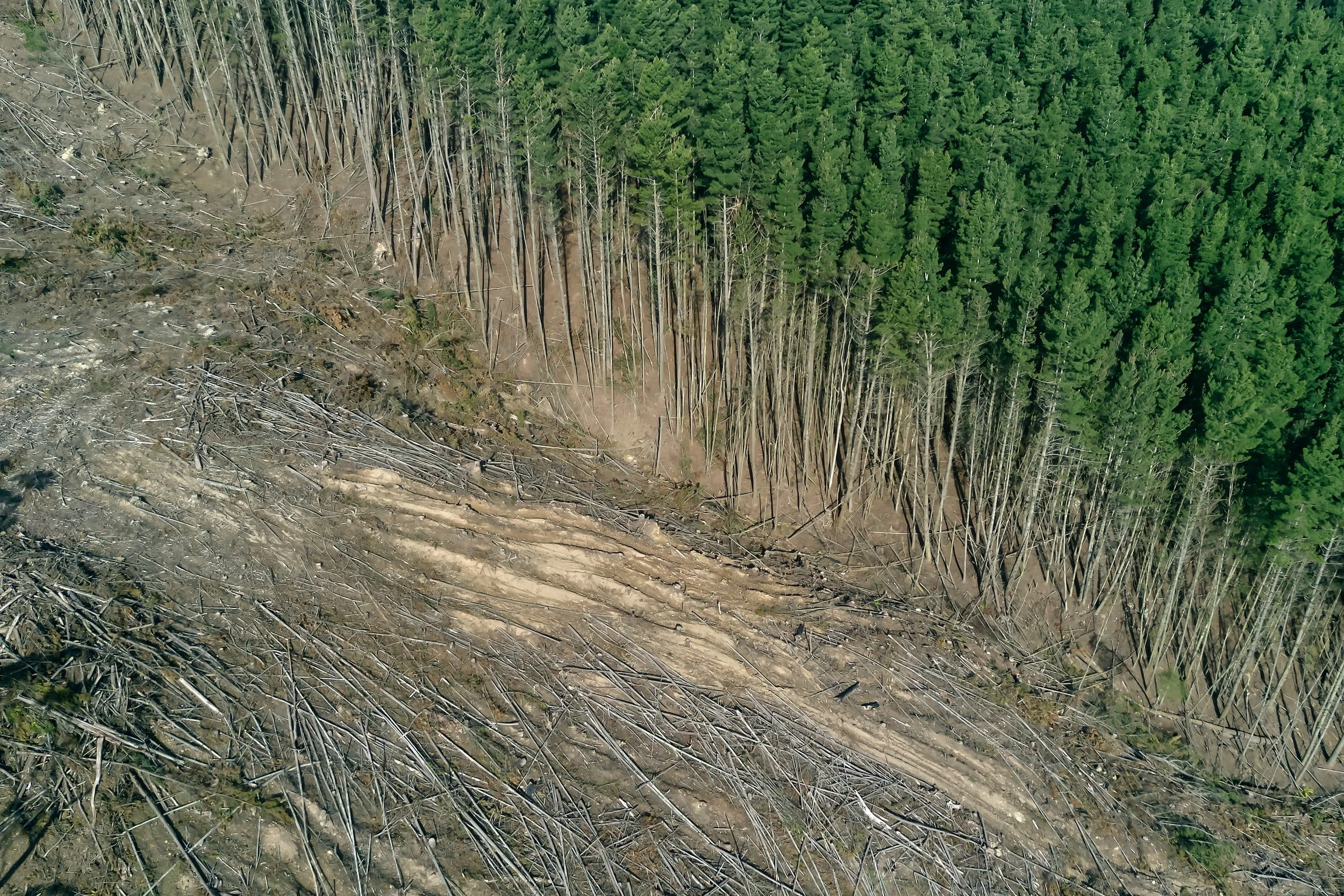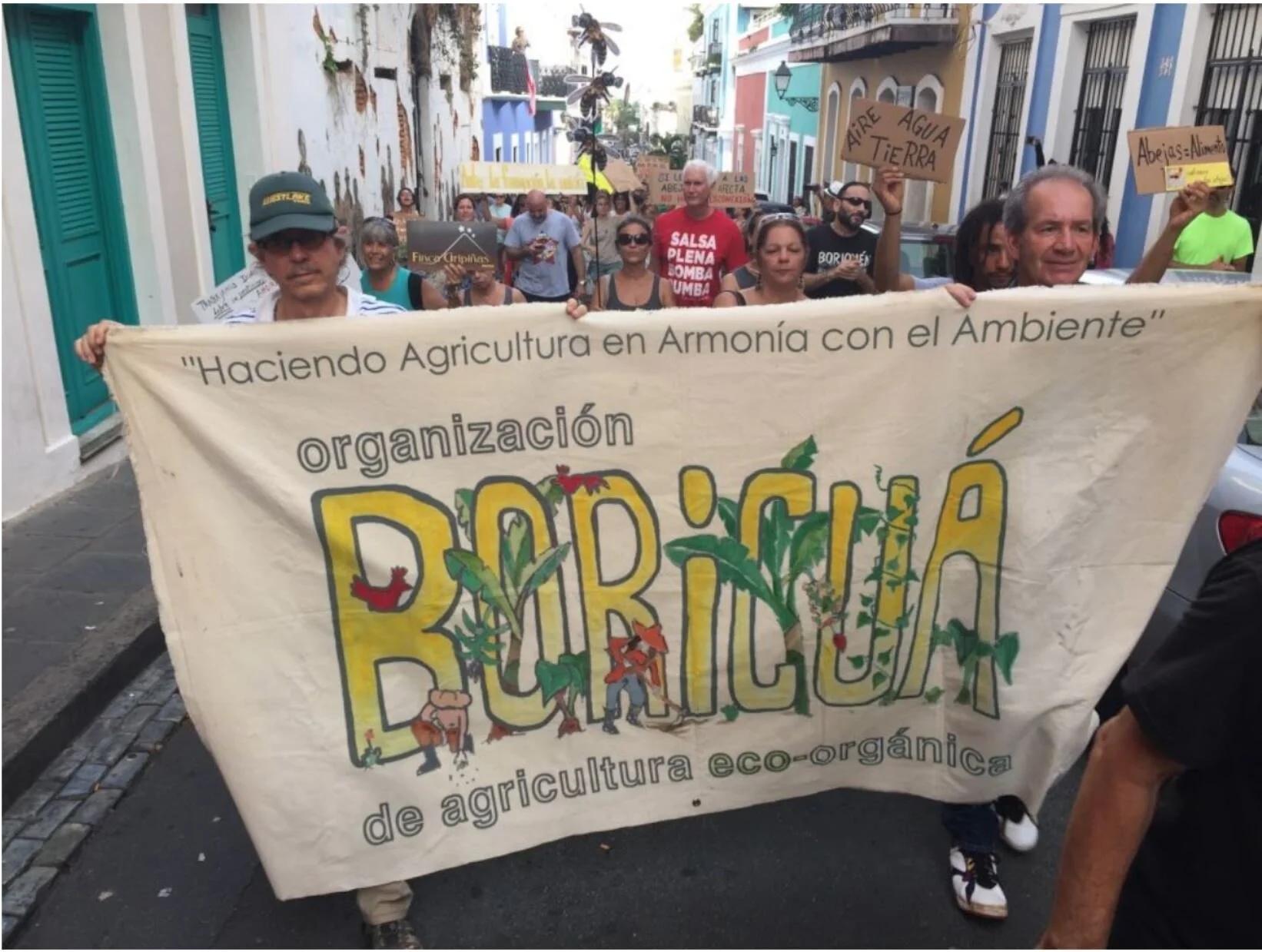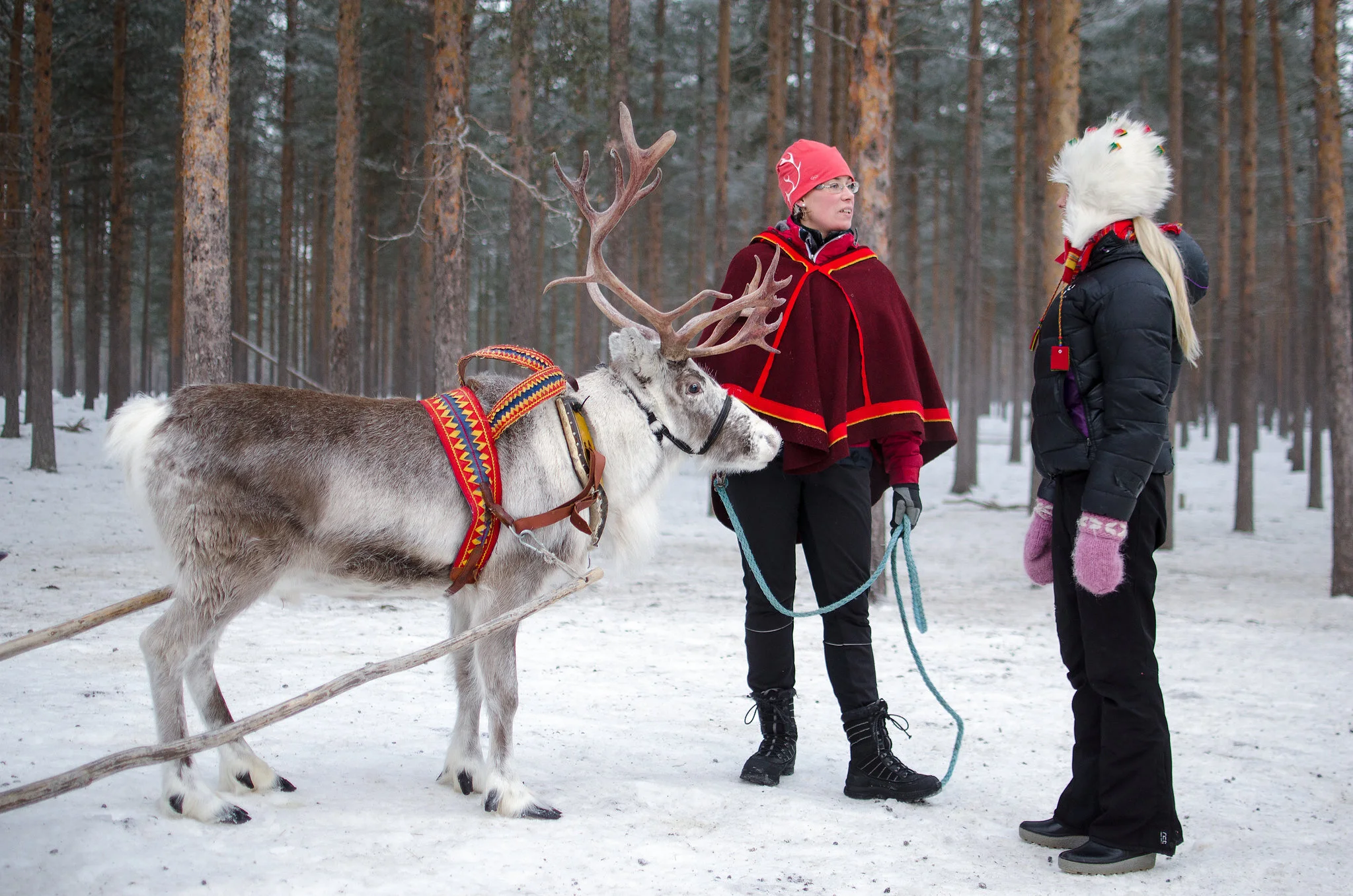This has been a stressful and difficult year, on campus and around the world. We have seen many of the world’s inequalities laid bare as the COVID-19 pandemic spread across the globe. COVID-related deaths and economic fallout from the pandemic are felt unequally, with low-income and communities of color bearing the brunt. Meanwhile the climate crisis continues to grow in urgency as we are witnessing increasingly dangerous droughts, wildfires, heat waves, and storms. Again, poor communities and communities of color are most vulnerable to these events and have the fewest resources to recover.
Read MoreLooking to get involved in environmental work right in your backyard? Look no further! NYC has a plethora of environmental volunteer opportunities, and we’ve compiled some of them here - although this list is by no means exhaustive.
Read MoreOn November 15th the Food Studies Program’s second Fall 2021 event “Remembering Nach Waxman” brought together the wife and children of Nach Waxman in conversation with six culinary leaders to discuss Waxman’s life and contributions. Waxman founded the bookstore Kitchen Arts and Letters (KAL) in New York City in 1983, and it quickly became a crossroads for researchers, writers, chefs and home cooks alike. Patrons came in search of what would grow to be nearly 13,000 titles from around the world, from cookbooks to food histories.
Read MoreIn 2016, the Tishman Environment and Design Center created student awards to help support the work of students doing research and projects around environmental and climate justice. We are thrilled to announce the Tishman Center’s 2021-2022 Student Award grantees, seven projects carried out by ten students who represent almost all of the colleges across the New School. These projects embody the transdisciplinary approach that both the university and the Tishman Center embrace as the best way to address the issues of our time.
Read MoreHookwinked in the Hothouse: Resist False Solutions to Climate Change is a 42 page zine assembled by environmental activists. It outlines several problematic practices that are being marketed as environmental solutions but only serve to expand the capitalist systems that destroy the environment in the first place. The New School hosted two panel discussions regarding the topics covered in the zine.
Read MoreToday, we want to emphatically recognize, enthusiastically welcome, and joyfully join the many celebrations of Indigenous Peoples' Day. Yet we also want to underline that for Indigenous Peoples and those who stand side-by-side with Indigenous struggles, every day is a day of resistance, survivance and resurgence. Every day is a day to protect and defend Indigenous communities, territories, lands and Mother Earth. Every day is a celebration of the community of life in all its relations -- a daily ceremony dedicated to regenerating the cycles of life in all their rich diversity and vitality.
Read MoreThis year’s Climate Week at The New School featured some great conversations about the political economy of COVID featuring a noted epidemiologist, a panel of people from across the African diaspora talking about impacts of the climate crisis and the launch of the Resilient Urban Futures book from the Urban Systems Lab. You can check out the full videos below for some of the events and feel free to leave us comments about what you think!
Read MoreThe history of building and space is richer than we usually think. So are the visions of a less racist future, motivated in part by many Black voices and gazes. Reconstruction in America worked briefly in the past, ending not in failure but in its active repression. Reconstructions is a beautiful, evocative, and painful call for us all to nurture the racially regenerative possibility of space and building.
Read MoreDuring the Week of September 20-24th, The Tishman Center will be working on promoting events around Climate Week. Please join us for these opportunities to connect over events such as one related to how the climate crisis is affecting the African diaspora, an event on Urban Resilience, a virtual open house and more.
Read MoreThe latest IPCC report is close to 4000 pages (with appendices). As grateful as I am to the scientists that put together this thorough report, I wish I could say the report is a page turner. I still want to read it though, since climate change is a hot topic (pun intended). After struggling to read it myself, here are some tips just in case you need help reading it.
Read MoreWe would like to welcome all staff, students and faculty back to our campus and we are looking forward to having a safe return and if you are looking for Covid-19 resources relating to campus return, you can find that here. We have a lot of exciting opportunities happening at the center this semester and while a lot of our engagement will be virtual, we still aim to be a resource for The New School community. Here are some highlights:
Read MoreSince the 28th of July, there have been over 120 wildfires reported in the southwest region of Turkey in just a week (as of august 4th, 2021). Turkish authorities announced that several of the fires at those areas are under control but social media, videos and live footage from the affected villages across the shows that the majority of the southwest peninsula in the country is still burning and doesn’t seem to be on its way to stopping until the last tree is nothing but ashes.
Read MoreOn March 29, 2021, Pratt and the New School collaborated on an event which is part of the Communities Beyond Crisis speaker series. In this event titled “Agroecology and Food Sovereignty Following Disaster”, speakers Ana Elisa Pérez Quintero, Magha García Medina, and Elda Guadalupe Carrasquillo discuss how they work towards food sovereignty in Puerto Rico.
Read MoreOn May 21, 2021, the Tishman Center gathered virtually to celebrate the students who received grants during Spring 2021. The projects were presented using an interactive virtual gallery.
Read MoreThe Tishman Environment and Design Center supports innovative, interdisciplinary research designed by New School faculty with a core focus on social justice, climate change, and urban systems. In 2020-2021, five faculty projects received grants. On June 3, 2021, faculty members presented on the progress of two projects so far.
Read MoreLate March 2020, I was two months into motherhood. New York City was a week and a half into COVID-19 lockdown and two months away from erupting into Black Lives Matter demonstrations. This was not the context I had imagined for this project, but it turned out to be immediately appropriate.
Read MoreNew York faces severe challenges posed by climate change including dangerous heat waves and flooding from sea-level rise. The New York City Panel on Climate Change (NPCC), founded in 2009, is an independent group that assesses climate and environmental risks to NYC and recommends changes in an advisory report, much like the United Nations’ Intergovernmental Panel on Climate Change (IPCC) .
Read MoreThe last few decades have seen an exponential rise in the deployment of wind energy worldwide, mostly through the development of large-scale wind farms. Onshore wind is land-intensive: because wind energy is more dispersed than fossil fuel energy, it has significant spatial requirements, and with those requirements come an increasing number of conflicts—from the Americas to Asia, Africa, and Europe (Avila 2018). Two key features of these conflicts are pressures on land and patterns of uneven development, which create problems of space and justice (Avila 2018).
Read MoreTishman Environment and Design Center is proud to announce, with our partners, The Equitable and Just National Climate Forum, and the Center for American Progress, the release of a set of recommendations to the Biden-Harris administration for how they can effectively implement their commitment to environmental justice and the successful implementation of the Justice40 Initiative. The set of recommendations was developed with environmental justice (EJ) advocates, academic experts and national environmental groups.
Read MoreThe “Curriculum of the Anthropocene” event kicked off the Tishman Center’s 2021 Earth Week programming. We invited four New School faculty members to discuss how the New School’s curriculum could be altered to better prepare students to deal with the Anthropocene - a geological time period wherein human activity has undeniably affected Earth’s climate and environment.
Read More


![[RE-BLOG] Food Studies Program’s November “Food and the Public” Event Features Panel “Remembering Nach Waxman”](https://images.squarespace-cdn.com/content/v1/5d14dab43967cc000179f3d2/1638977938001-IYN7H0TY21YSZOX3D9GJ/nach+blog.jpg)




![[REBLOG] Two Reflections: Thinking About Blackness, Ecology, and Architecture in the United States](https://images.squarespace-cdn.com/content/v1/5d14dab43967cc000179f3d2/1631641947241-00ZL8OPF4TL5IAF110XL/IMG_1378.jpeg)











